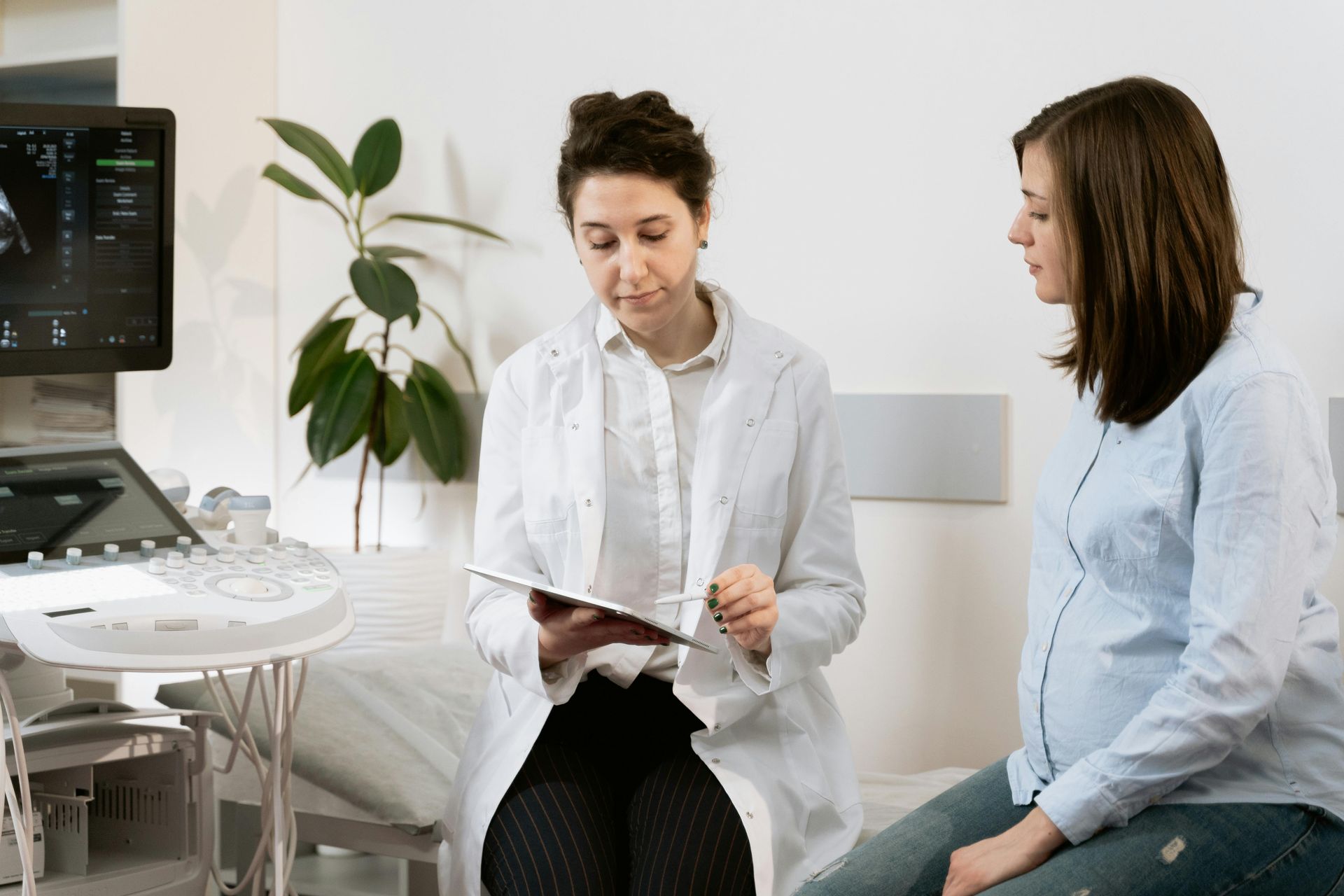What To Do After An Unprotected Sex Encounter
What To Do After An Unprotected Sex Encounter
If you recently had unprotected sex, it can be scary to think about what the future may hold. Will you contract an STI? Are you pregnant? Let’s start by talking about what to do after an unprotected sex encounter.
Medical Emergency Options
If you had unprotected sex and need to seek out medical attention, it’s important to know what your options are. If you are in immediate danger, call 911. If you’re not in immediate danger but believe you may have contracted a sexually transmitted infection (STI), call your doctor or a local health center, like ACPC Women's Clinic, that provides sexual health services. There are many STIs out there—and each requires different treatment depending on which one you may have contracted.
Get Tested for STIs
Most doctors can test for STIs, such as chlamydia and gonorrhea, with a simple urine sample. It’s an easy and inexpensive way to find out if you're at risk for sexually transmitted infections. Keep in mind that getting tested doesn't mean your doctor will tell your partner—it just means you'll get peace of mind from knowing whether or not you should use protection next time around. If you don't have a primary doctor, call up ACPC Women's Clinic—we offer free and confidential testing services.
If you are Pregnant, Consider Your Pregnancy Options
If you are pregnant,
adoption is a noble and life-changing option for you and your child. If you feel that an
abortion is the best option for your circumstances, there are risks associated with the procedure. To help you understand the different types of procedures and their risks, check out this
article. You should consult with a professional healthcare mentor to fully discuss these options and make an informed decision. Be sure to take into account any concerns your partner may have about having children as well.
While a pregnancy may not be in your plans, it’s worth thinking through how you’d feel about parenting a child. You don’t need to decide right away, but if an unintended pregnancy happens, you can take comfort in knowing that you’ve done some thinking and that you are as prepared as anyone can be. There are a lot of resources for parents, including government assistance such as Medicaid, WIC, and food stamps.
Take Control of your Health
Always use protection if you engage in sexual intercourse. Even if you think your partner is trustworthy, or if they're telling you that they've been tested and are clean, there's no excuse for not wearing a condom or using some other form of contraception. Having sex with someone who is infected can pose a significant risk to your health. Always use protection, and don't feel like you need to be ashamed of making that call—after all, it's better to be safe than sorry.







